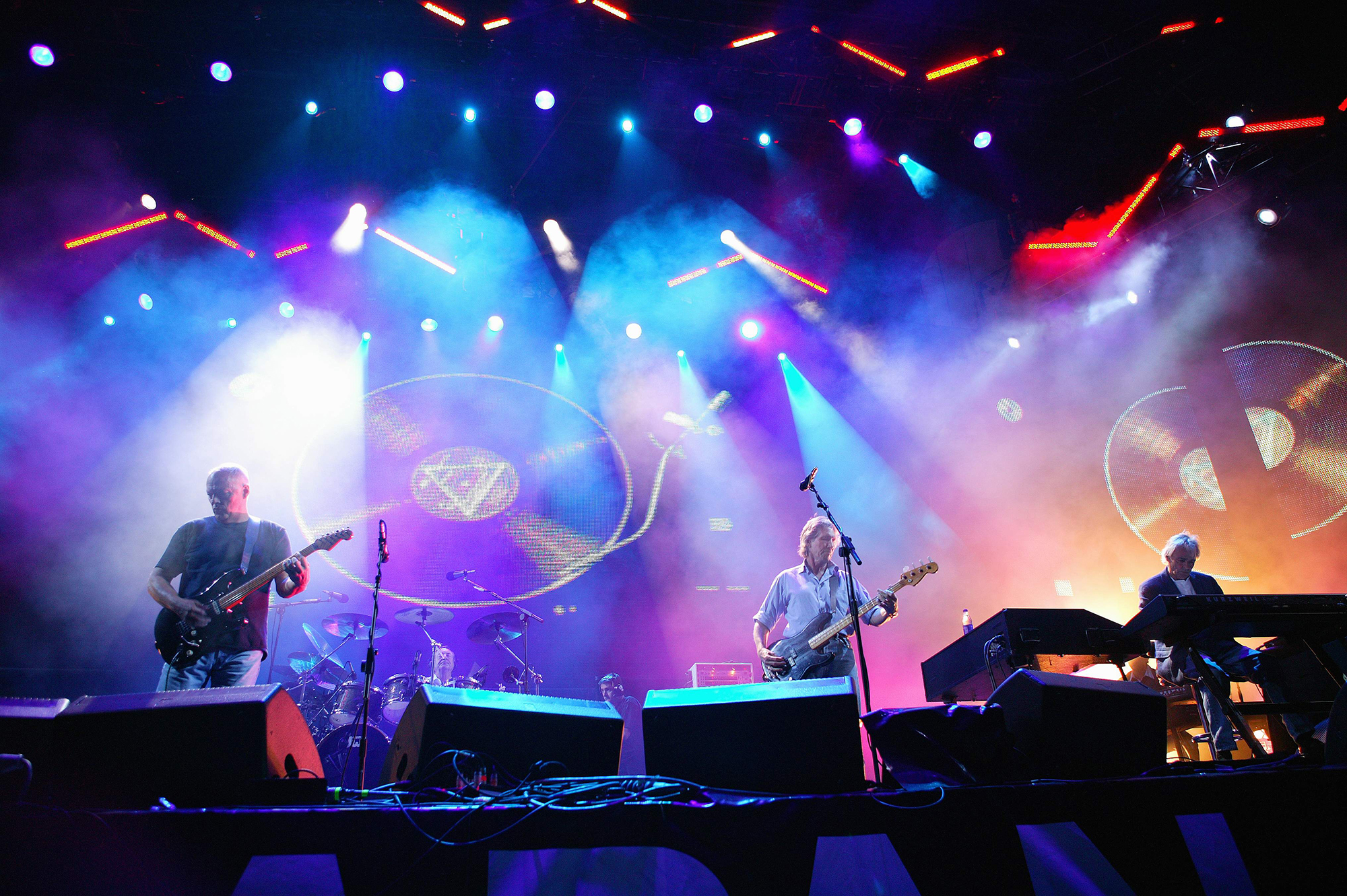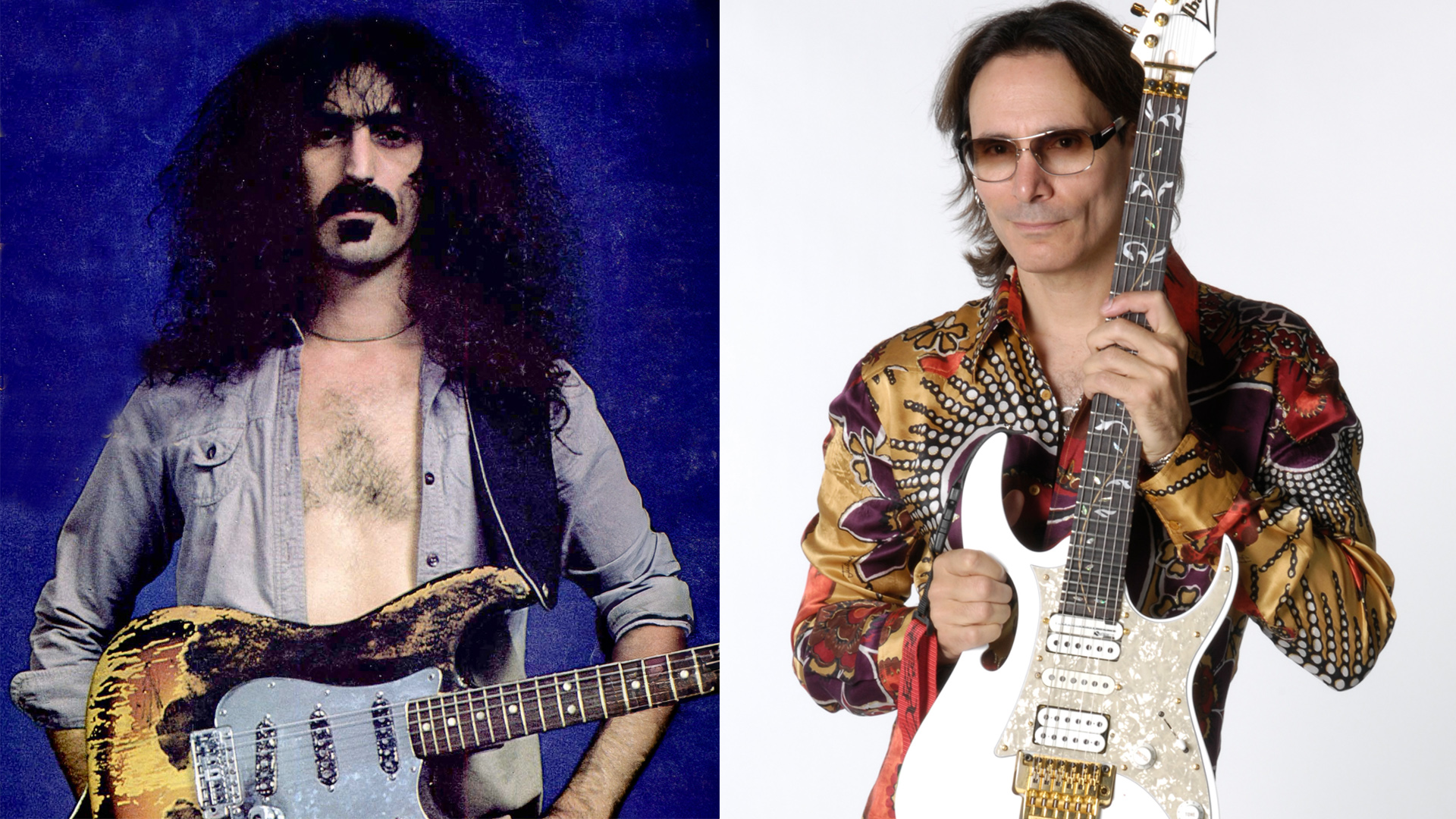“I'd never thought of us in those terms at all." David Gilmour says Pink Floyd wasn’t prog rock and names the prog guitarist who can “really do their stuff”
The former Floyd guitarist also dismisses the notion they were a band. "it's just three or four people who get in a room together and strum guitars"

All the latest guitar news, interviews, lessons, reviews, deals and more, direct to your inbox!
You are now subscribed
Your newsletter sign-up was successful
“I think I was probably a grumpy old man in my 20s,” David Gilmour says today. Now 79, Gilmour doesn’t sound grumpy but rather philosophical about music, Pink Floyd and the group’s role in prog rock.
Certainly, Pink Floyd are celebrated as one of prog rock’s greatest bands. From their early experimental work to conceptual albums like The Dark Side of the Moon and The Wall, the band created extended songs composed with multiple sections, and featuring intricately layered arrangements, long electric guitar and keyboard solos and thematic lyrics, all elements of prog rock. Add in the trippy album sleeve designs and elaborate tour set designs, and you really can't call it anything else.
Yet Gilmour denies Pink Floyd belongs to the prog rock genre and says the group never so much as discussed its style of music.
"No, we didn't talk about style, and I've never talked about progressive rock, or thought that we were — whatever — progressive rock,” he tells Rick Beato. “To me, progressive rock is very, very serious players who can really do their stuff.”
As his example of a guitarist who is firmly in the prog-rock camp, Gilmour points to none other than longtime Yes virtuoso Steve Howe, whose work defined prog on albums like Fragile and Close to the Edge.
“The wonderful Steve Howe,” Gilmour says. “You know, lovely guy, lovely guitar player. But I'd never thought of us in those terms at all."
For that matter, he believes Pink Floyd were prog before the genre existed.
All the latest guitar news, interviews, lessons, reviews, deals and more, direct to your inbox!

"I think we were doing it long before the term progressive rock, and I think I was probably a grumpy old man in my 20s. You know, sort of, 'Nah, that's not us.'
“And the whole idea of labeling,” he continues. “It's become more essential in this day and age. But I'm not keen on it."
Gilmour is so anti labelling that he’s ready to dispel the idea that Pink Floyd was even much of an entity. Rather, he says, the band was just four musicians who agreed on the music they created.
"It's just that everyone had to agree,” he says. “And when you're on your own, you're the only person who has to agree.
“But the band is a funny thing, as you say. You know, there's a name, Pink Floyd, and it becomes a real object in people's minds throughout the world, for many, many years. It means something that kind of exists, or existed.
“In fact, it's just three or four people who get in a room together and strum guitars and keyboards together, and it's a very approximate, rough way of naming it."
"It's giving it an actual name, and we've all got them. The Beatles are as real a thing, in my mind, as it is to other people. But in fact, it's meaningless. It's just a convenient handle for a pop group, a convenient way of saying these people work together.
“And when they no longer work together, it's gone, and [there's] no sadness about that, or regret. It's just, life changes, and it never was a physical object in the way that none of us can help having it."
Now that Pink Floyd is in his rear-view mirror — thanks to the assistance of his wife and musical collaborator, Polly Samson, Gilmour is devoted to his solo career. He says his last album, 2024’s Luck and Strange, was such a happy affair that he’s moving ahead with its followup.
“I’m slowly building up towards a new album, and I have quite a bit of material that is in some sort of formative stage,” he tells Rolling Stone. “That’s what’s keeping me busy at the moment.”
“It’s always my intention to be a bit quicker [to release albums], and I suspect this one will be a bit quicker. But you never can tell. Within the next year or two.”
In related news, Gilmour has discussed the famous Pink Floyd guitar solo he can’t play and reveals how a solo on the classic Animals track “Dogs” was “Completely erased, gone forever. Done.”
Elizabeth Swann is a devoted follower of prog-folk and has reported on the scene from far-flung places around the globe for Prog, Wired and Popular Mechanics She treasures her collection of rare live Bert Jansch and John Renbourn reel-to-reel recordings and souvenir teaspoons collected from her travels through the Appalachians. When she’s not leaning over her Stella 12-string acoustic, she’s probably bent over her workbench with a soldering iron, modding gear.
